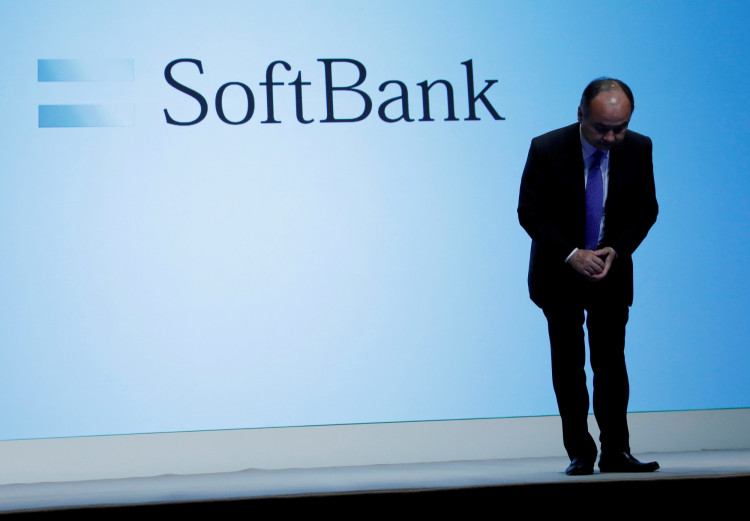The founder of Japanese conglomerate SoftBank Group Corp, Masayoshi Son, is stepping down from his position as a member of the board of Chinese e-commerce company Alibaba Group. His decision follows the exit of Alibaba founder, Chinese billionaire businessman Jack Ma, from Softbank's board last month.
Son revealed his decision to exit Alibaba's board during Softbank's general shareholder's meeting this week. He explained during the meeting that his exit is in no way a reflection of discord between the two companies but was instead a "happy" decision as he moves forward with his long career.
The iconic tech investor added that he was merely "graduating" from his position with Alibaba similar to how Ma had graduated from his position with Softbank. Both companies have been working together for the past 20 years, making groundbreaking investments in promising startups and forever changing the tech landscape in Asia and the rest of the world.
Alibaba and SoftBank have also made substantial investments in each other's companies. The integration of their businesses eventually led to the decision to have both founders join each other's board. Son joined Alibaba's board in 2005 and Ma joined Softbank's board in 2007.
During the meeting, shareholders had voted for new board members to head the company. Three new members were brought on board, including Waseda University professor Yuko Kawamoto and Softbank's chief financial officer, Yoshimitsu Goto.
Shareholders also welcomed a new member to the board, the founder of Walden International, Lip-Bu Tan. Walden is a venture capital firm that mainly invests in high-tech startups that deal with cloud computing, artificial intelligence, and advanced computer systems. Tan is also the CEO of Cadence Design, a US-based automation and engineering services firm.
SoftBank had recently been the subject of criticism over its overly risky investments in tech startups. The company, which had invested through its $100 billion Vision Fund, lost billions of dollars in botched investments in companies such as WeWork and Uber. After selling its interest in a number of failed companies at a loss, investors had called for restricting and more transparency. Son had defended the investments, claiming that they will eventually yield long-term results.
Despite the setbacks, Son is still considered to be an icon in the investment world given his eye for promising startups. Since he founded the company in the 1980s, Son has made a number of winning investments in companies such as T-Mobile, Yahoo, and semiconductor company ARM.






